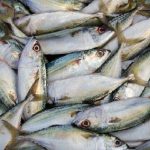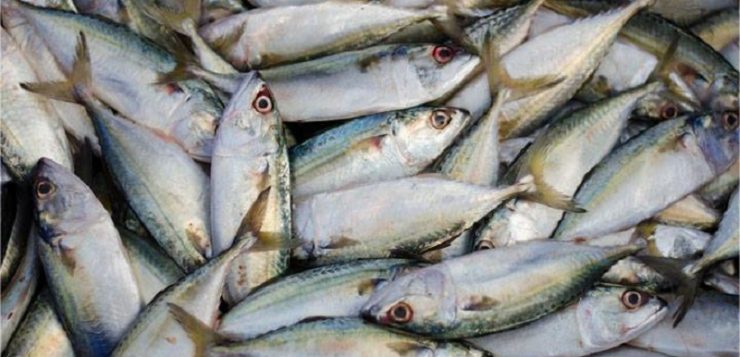Researchers have found out that eating fish has its benefits, and it can help reduce the risk of diseases ranging from childhood asthma to prostate cancer. Recent research by a team of researchers at Jadavpur University have found out that the scales of fish are no longer a waste. It has the potential of becoming an instant source of green energy in future. Scientists have developed a biodegradable energy harvester from raw fish scales that could replace a pacemaker device from the heart in future.
Researchers further added that “It also has the potential for portable personal electronics with reduced e-waste elements.
The energy harvester thus could be tapped as a sustainable green power source for next generation self-powered implantable medical devices.
Fish scales contain collagen fibers that possess a piezoelectric property, which means that an electric charge is generated in them in response to mechanical stress. But as a byproduct, fish scales are usually thrown away.
A flexible bio-piezoelectric nanogenerator (BPNG) has been synthesized from this biowaste by researchers.
“We collected bio-waste in the form of hard, raw fish scales from a fish processing market, and then used a demineralization process for making them transparent and flexible” as explained by Dipankar Madanlal, assistant professor at Organic Nano-Piezoelectric Device Laboratory.
Repeatedly touching the BPNG with a finger, can turn on more than 50 blue leds.
The recycling of the fish byproduct into BPNG via one-step process is a promising solution for the development of value-added products and also to reduce the e-waste.
It can also be used in self-powered implantable medical devices, surgeries, e-healthcare monitoring as well as in vitro and in vivo diagnostics, apart from its myriad uses for portable electronics.
Madanlal said, “In the future, our goal is to implant a bio-piezoelectric nanogenerator into a heart for peacemaker devices, where it will continuously generate power from heartbeats for the instrument’s operation.”
“It will then degrade when no longer needed. Since heart tissues are also composed of collagen, our bio-piezoelectric is expected to be very compatible with heart.
Fish biowaste is another cause of environmental pollution. The study has been published in the journal Applied Physics Letters In September and is co-authored by SK Ghosh.



![Giant 47-feet blue whale rescued from Maharashtra’s Konkan coast [Video] blue whale](../../wp-content/uploads/2016/09/blue-whale-1473661070-252x167.jpg)
